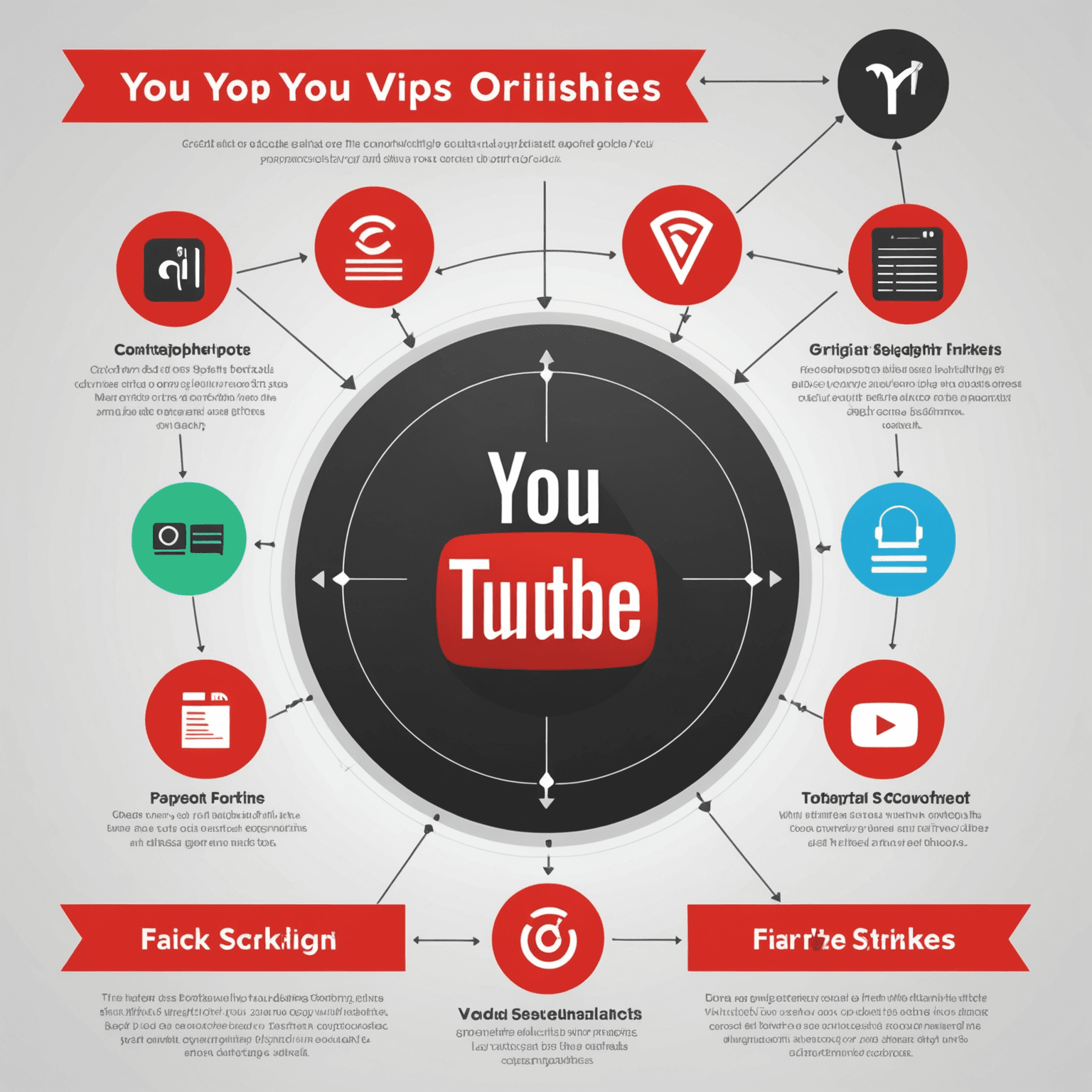Understanding Copyright Infringement in Music

In today's digital world, we constantly interact with music, videos, and other creative works—often by sharing, reposting, or even reusing them. But where is the line between simply sharing and actually infringing on someone’s copyright? This guide breaks down what constitutes copyright infringement in music, how you can avoid it, and the ways to protect your creative output.
What is Copyright?
Copyright refers to a bundle of legal rights granted to creators—like musicians, writers, and artists—over their original works. These rights allow creators to control how their work is used by others and to benefit commercially from their creativity.
- Music copyright specifically grants ownership over both sound recordings and musical compositions.

- This ownership includes the exclusive right to:
- Reproduce the work
- Distribute it
- License it for royalties
- Copyright protection takes effect as soon as a work is fixed in a tangible format (e.g., a digital recording or written sheet music).
Key takeaway: If you want to earn money from your music or sound recordings, understanding copyright protection is essential.
The Legal Framework Behind Copyright
Copyright and patent laws in the United States are established and enforced by Congress, rooted in the Constitution. The framers recognized the need to protect intellectual property to drive innovation and economic growth.
Globally, countries with robust copyright protections tend to see greater economic development. Ultimately, these laws were designed to ensure creators can profit from their work and retain control over its use.
What Qualifies as Copyright Infringement?
Copyright infringement occurs when a protected work—like a song, recording, or musical composition—is used without the authorization of its owner.

Common examples include:
- Using copyrighted images or music on your website without permission
- Posting videos containing copyrighted songs
- Recording a movie in a theater and distributing it
- Importing unauthorized copies of originally protected works
According to the U.S. Copyright Office, infringement can involve reproduction, distribution, public performance, or creation of derivative works without the owner’s consent.
Legal definition:
- Performing acts reserved for the copyright holder, like copying, distributing, or displaying a work, without permission
- Importing or exporting unauthorized copies of creative works
If your creation is used by someone else without your consent in these ways, your copyright is being infringed.
Why Does Copyright Infringement Happen?
Even though copyright law is clear, many still infringe (knowingly or not), sometimes because authorized content is expensive or difficult to obtain. However, as an artist, you have options:
- Licensing: You can permit others to use your work via license agreements.
- Sale: You may sell the rights to your work.
Understanding your rights and licensing options is the first step to avoiding trouble—and making the most of your creations.
The Two Types of Copyrighted Works in Music
Every time a song is recorded, it creates two distinct protected works:
- Musical Work: The song’s composition and lyrics
- Sound Recording: The actual recorded performance, whether digital (MP3, CD) or analog (vinyl)
These works are often owned or licensed separately, with different sets of rules for each. For artists and rights holders, distinguishing between the two is crucial.
Notorious Cases of Music Copyright Infringement
Understanding real-world examples helps clarify what copyright infringement looks like.

Marvin Gaye vs. Pharrell Williams & Robin Thicke ("Blurred Lines")
In 2015, a U.S. court found that "Blurred Lines" by Pharrell Williams and Robin Thicke infringed on Marvin Gaye's "Got to Give It Up." The case resulted in millions in damages and highlighted the risks of borrowing style or elements from another work—even if done subconsciously.
Metallica vs. Napster
Metallica filed suit against file-sharing service Napster in 2000. While Metallica didn’t get monetary damages, Napster was forced to shut down and terminate hundreds of thousands of user accounts. This case had a transformative impact on the music industry’s approach to digital distribution and copyright enforcement.
How to Avoid Copyright Infringement
Before using any song or recording, determine if it’s protected by copyright. Here’s how to stay compliant:

- Use Public Domain Works: Some works are free from copyright restrictions.
- Request Permission: Always obtain consent from the copyright holder.
- Utilize Statutory Licenses and Fair Use: In some cases, the law allows limited use of protected works (e.g., Section 115 compulsory license, or fair use doctrine).
- Download from Reputable Sources: Use platforms that offer licensed or royalty-free music.
To check if a song is copyrighted, consider using an online copyright checker or consulting resources like the U.S. Copyright Public Records Catalog.
Key Principles for Musicians and Creators
- Your work is protected as soon as it’s recorded or saved.
- Copying, distributing, or adapting others’ works without permission is infringement.
- Always seek proper licenses for music, images, or videos not created by you.
Final Thoughts and Next Steps
Copyright infringement in music is easier than ever in the digital age. Failing to protect your creative output—or misusing someone else’s—can result in costly legal battles.
- Educate yourself on copyright law
- Develop a plan for protecting your works
- Only use music and recordings when you have the legal right
By staying informed and responsible, you’ll protect your creative reputation and foster success in your music career.



